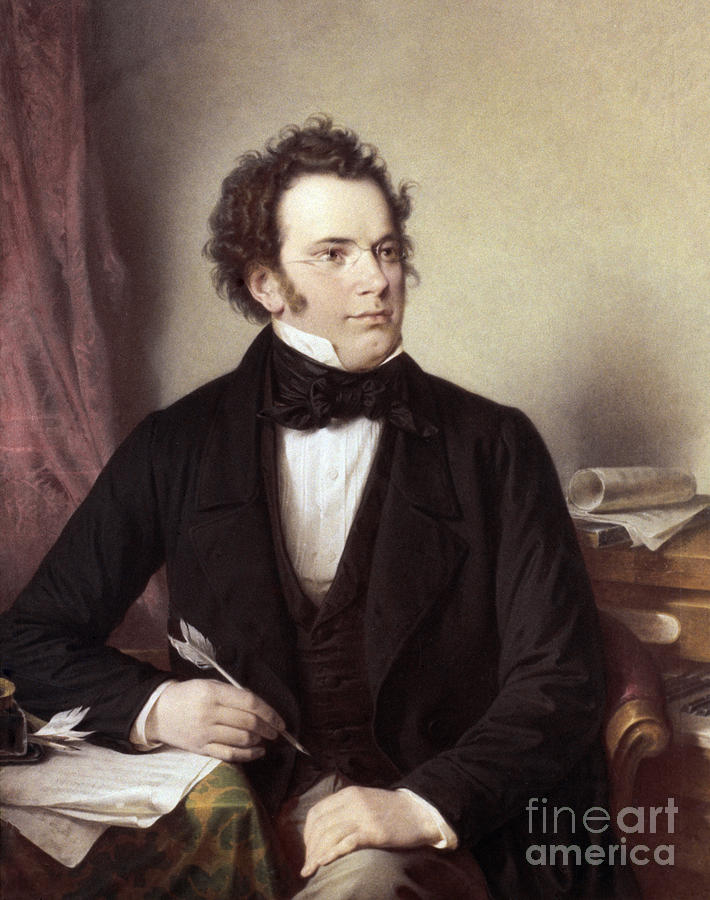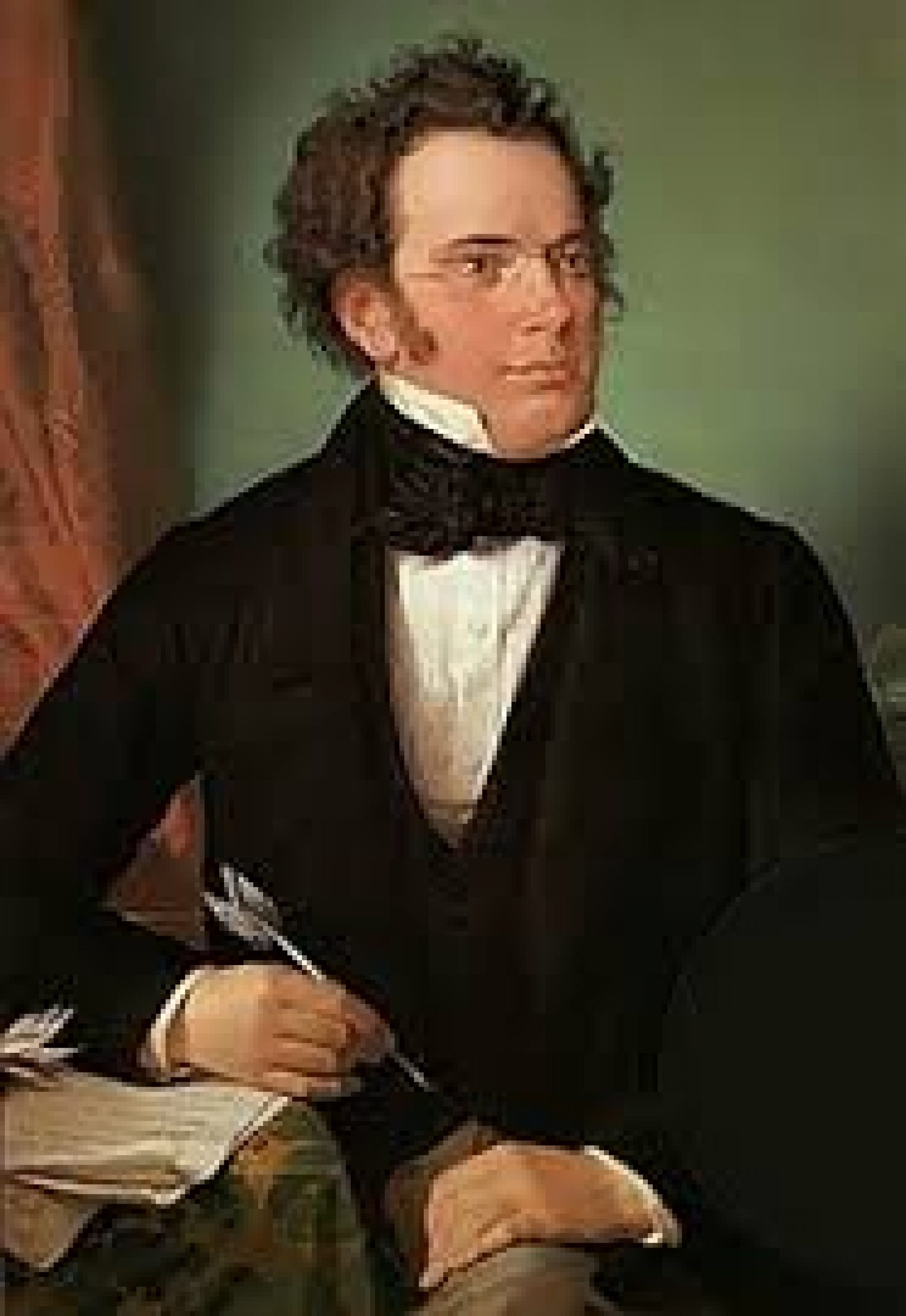


"Both novel and musical promoted the popular, but distorted, perception of Schubert as a simple, charmingly wistful figure who, despite stunning musical gifts, lived out his short, rather dull, life in the Austrian provinces," Gibbs says. "It was embellished - without supporting evidence - into that of an underappreciated 'heaven-sent' classical genius whose hundreds of compositions poured forth 'naturally,' which is to say, without effort," Gibbs says, adding that those who longed to know more about him came to project more and more of their own assumptions onto the composer, "constructing" a Schubert who had little in common with the original.Īn example of this process, Gibbs explains, was the extraordinary influence of "Das Dreimäderlhaus" a 1916 Viennese operetta, drawn from popular conceptions of the composer's life and character that had been depicted in "Schwammerl," a best-selling 1912 novel about Schubert. "Upon the posthumous discovery of his mature symphonies and sonatas, operas, masses - an astonishing output," Gibbs says Schubert's reputation as a simple song Meister was revised as if by proclamation. As a result, popular conceptions of Schubert the man and composer were constructed long after his death from scattered recollections by friends who denied or discounted many of his less attractive qualities. Unlike many of his contemporaries, Schubert seldom traveled and left behind few letters, a few diary pages, no essays or critical writings, compounding the evidentiary difficulty. Many of Schubert's finest works, unpublished and never performed, languished in trunks and cupboards, for years after his death, unknown even to family and friends. Unlike some other great composers - Beethoven, Brahms - Schubert died young, at age 31, in 1828, before he had much of an audience outside Biedermeier Vienna.Īt the time of his death, he was principally known for having set hundreds of Germany's most beautiful and brilliant poems to music, thereby raising the German song or lied to an artistic level that never has been surpassed. "Issues surrounding Schubert's life have been difficult to resolve," Gibbs explains, "because there is little reliable historical documentation related to his life and to the physical and psychological circumstances in which he worked." It carefully culls two centuries of anecdote and allegation to arrive at what a critic for The New York Times has called "an even-handed effort that deals in a straightforward manner with distortions on both sides of the biographical aisle."īecause the prevailing postmortem persona of Schubert is a sentimental and romantic little "Prince of Song," Gibbs says his "is a darker, more emotionally troubling portrait of the composer than many expected or want. The book is "The Life of Schubert" (Cambridge University Press, 2000), a concise, historically precise work written in an elegant, highly readable style.

In a critically acclaimed new biography of the composer, Christopher Gibbs, assistant professor of music at the University at Buffalo and a Schubert scholar of international reputation, presents a far more balanced and empathetic portrait of the man and his career than has been previously available. This short, squat, bespeckled genius of melody is variously reported to have been charming, depressive, jolly, morbid, hard-working, dissolute, lonely, surrounded by friends, heterosexual, homosexual, asexual - in short, history seems to have manufactured a Franz Schubert for every taste. The Schubert that emerged is a bundle of contradictions.

For nearly two centuries, the life and character of Franz Schubert, one of the most brilliant, accomplished and popular of the European classical composers, have been variously sketched in treacle and brimstone by one biographer after another.


 0 kommentar(er)
0 kommentar(er)
